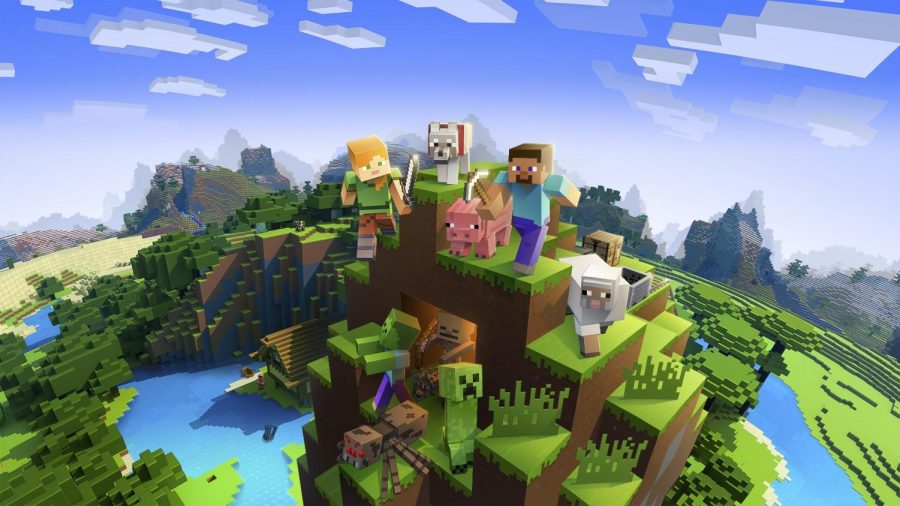Fail Safe Entertainment: Can video games sustain us during the era of COVID-19?
November 5, 2020
Tetris, Mario, Minecraft—video games have long been a staple of modern society. For decades, they have served as the unrivaled standard of the entertainment industry. They require no practice, physical fortitude or imagination. The game does it all for you. During the COVID-19 pandemic, video game companies are thriving, while most other venues for socializing and entertainment have shut their doors to the public.
The pandemic has brought forward challenges the likes of which the world has never seen. Public locations have become desolate, schools are shut down and social lives are hindered.
According to Allen Furr, a professor of sociology at Auburn’s College of Liberal Arts, life under lockdown has upended social life as we know it. In addition, there are many long-term effects the pandemic will have on our society once we return to normal.
Numerous studies have shown that video games may be an effective substitute, according to Peter Gray from Psychology Today. Video games have been found, through extensive research, to enhance one’s mental capacity. Gray cites that engaging in action-based video games could have positive effects on memory, attentiveness and decision making.
Good cognitive health is something often achieved through an interactive and engaging social life. Nancy Darling from Psychology Today explains how social interaction in internet-based multiplayer games can enhance social interaction. Darling also describes how meeting and communicating with virtual friends in team-based games can lead to gamers becoming “socially embedded” within their virtual communities.
Several concerns have been levied against over-reliance on video games. Chiefly among those is the fear that our generation will become addicted to virtual gaming, adversely impacting our social interactions in the future.
The World Health Organization has even labeled “Gaming Disorder” as a mental condition. This will inevitably cast doubt on the effectiveness of video games as a temporary substitute for physical social interaction.
For now, video games continue to dominate the digital landscape. In addition, they serve as a tycoon for social interaction during a time when physical activities are inaccessible. However, we must consider the potential repercussions of being overly dependent on video games.








